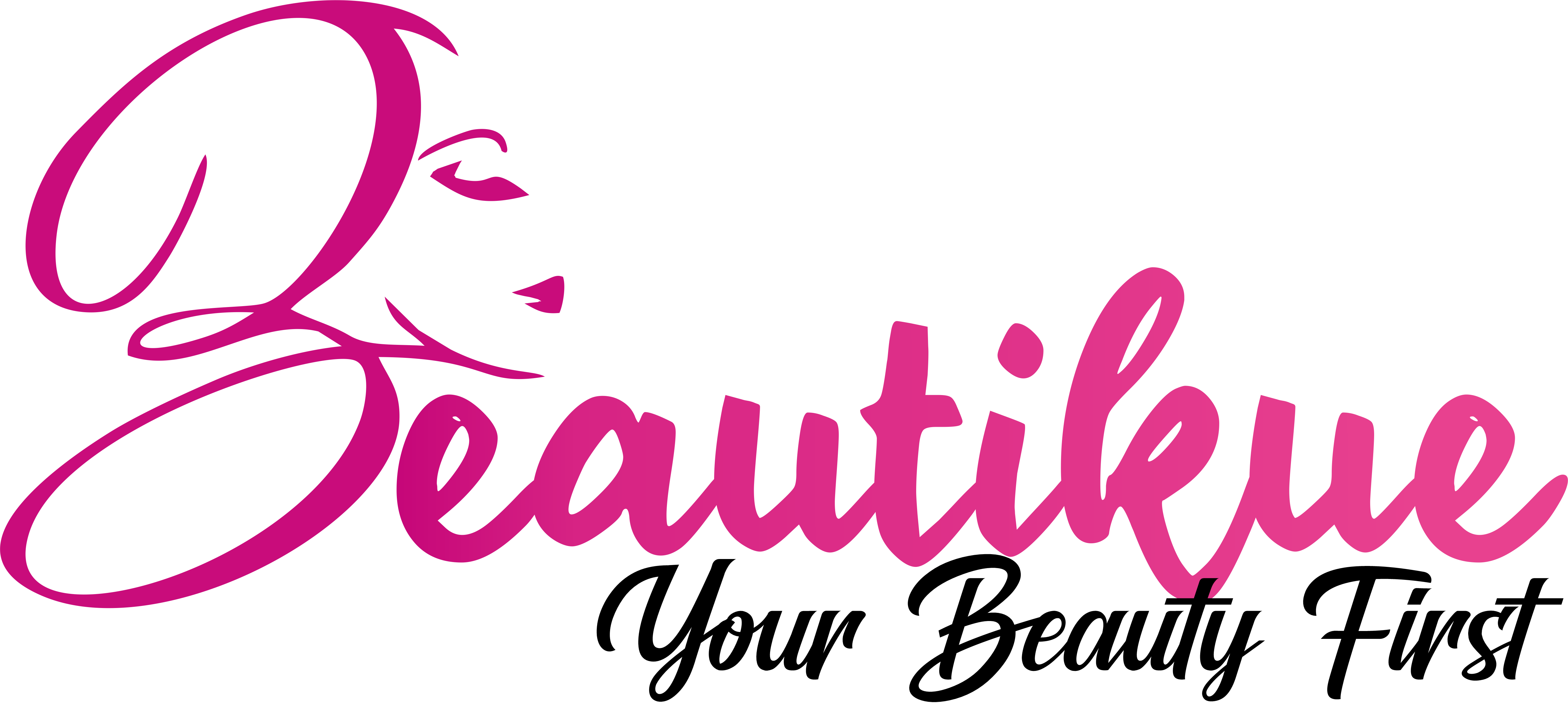Fashion and Beauty Brands Are Turning to Blockchain – After the pandemic, consumption habits have evolved, just like consumers’ preferences, pushing fashion and beauty brands to change and reflect on their activities. People are now investing in high-quality, statement clothing that lasts longer in their wardrobes. It’s important for them to know what they’re wearing, under what conditions the clothes are made, and with what sustainability impact. As far as beauty products are concerned, consumers are now seeking brands that are transparent in their ingredient lists. They’re flocking to more natural and simpler cosmetics. try another kind of investing check out VectorVest
Transparency is the bare minimum. Being transparent means being open, honest, and genuine with consumers. Looking to reassure their customers, many brands have turned to blockchain technology. Most of us don’t associate innovation with the world of fashion and beauty. To thrive in a saturated market, brands are fast embracing blockchain technology, in particular decentralized information storage, changing the status quo from over-sell and under-inform to educated and empowered. People are no longer allowing fashion and beauty brands to get away with unsubstantiated claims as they did in the past.
Making Sense of Blockchain Technology
Blockchain technology is basically a database that can be shared across multiple sites, geographies, and institutions. Blockchains are renowned for their role in cryptocurrency systems, such as Ethereum, for maintaining secure and decentralized records. Cryptocurrency ensures a way for the world’s unbanked population to access financial services without having to go through a centralized authority. Ethereum, for instance, can be used to pay for hotel bookings, buy gold and jewelry, and see live sports, to name a few. To buy Ethereum, identify a platform for trading.
Blockchain technology has potential applications far beyond Ethereum and cryptocurrency. To be more precise, it can enhance business processes, offering significantly higher returns for the money spent. With its ability to create transparency and fairness, blockchain technology impacts various sectors of activity, ranging from how contracts are enforced to combating fraud. A blockchain collects information in ordered records, called blocks, forming a data chain. Besides transaction history, the blockchain can hold other types of information, such as state identifiers, legal contracts and product inventory.
Blockchain Allows for Greater Trust Among Fashion and Beauty Brands and Consumers
Fashion and beauty brands that aren’t willing to make changes will get left behind as others thrive. In an industry soaked in mystery, implementing blockchain technology sounds complicated. Nonetheless, given that consumers are becoming more demanding (and much more informed), fashion and beauty should welcome a much-needed dose of technical consistency. Blockchain is an open, incorruptible, decentralized system. In other words, it can bring a level of integrity that doesn’t exist within the standard “marketing speak.” There are a multitude of ways blockchain technology affects the industry.
Blockchain shares vital product information and journeys in a secure manner, empowering brands to take more significant steps toward transparency. Encryption and advanced mechanisms make it virtually impossible to alter the data. Not only is information easy to validate but also clear enough for shoppers. Fashion and beauty brands increase product visibility and sales by having complete visibility over every link in the supply chain. Each proof point is backed by evidence, and a third party verifies the claim. For cruelty-free certification, for instance, involves laboratories sharing tests.
The challenge for fashion and beauty brands is obtaining the necessary information across their supply networks and organizing that information to make it meaningful, useful, and trustworthy for the consumer. For powerhouses, which generate online sales worth billions, blockchain technology is a wise investment, a move into the direction the retail leader is already moving in. Yet, smaller brands might not afford to invest in tech tools. Blockchain is a feature-dependent technology, meaning that the final price depends on the project requirements.
In The Near Future, Businesses Will Have to Find More Efficient Ways to Satisfy Customer Demands
By maintaining accurate records of customer order data, brands gain a unique insight into who consumers really are, while protecting identifiable information like name, weight, eye color, etc. If fashion and beauty brands can access sensitive data points, they can deliver personalized experiences without giving too many options. Nowadays, people want to customize their look and make their style unique to them. In an industry worth billions, there’s been caution in keeping up with technological advancements. But all that is about to change.
Low standards of regulations allow room for things to go wrong, so it shouldn’t come as a surprise that fashion and beauty brands get away with misleading and risky practices. Until tougher regulations are enforced, businesses can take advantage of blockchain technology to grow their customer base and sales, providing the utmost level of transparency. Consumers can rely on innovation to reassure them what they’re told is true. Blockchain technology is far from being a mainstream offering due to the lack of education about its capabilities. Still, as pressure increases to show greater transparency, we can expect more interest in the blockchain.
As a rule, in the fashion and beauty industry, technology has been leveraged to enhance products. Take curating biodegradable bottles, for example. With blockchain, the focus is shifting from the product to the consumer. The consumer journey is focused on how people get from knowing what a product is to purchasing it and becoming loyal customers. Given the need to regain consumer trust, brands can’t afford to leave people wondering. They should move toward radical transparency and include more information so that people move confidently toward a purchase.
Conclusion
With the advantages of data integrity, safeguarding against failure, and consolidating controls, the blockchain can be used in private sectors. Clothes and cosmetics products are ultimately luxury purchases, so they’re not linked to the normal rhythms of business. Brands can increase their operational efficiencies, improve product traceability, and provide consumers with authentic information. People can make better-informed decisions and have access to unique products created in accordance with their needs and desires. Some brands are already transitioning into modernity, accepting crypto as payment. If they remain in the market and maintain their authority, only time will tell.


